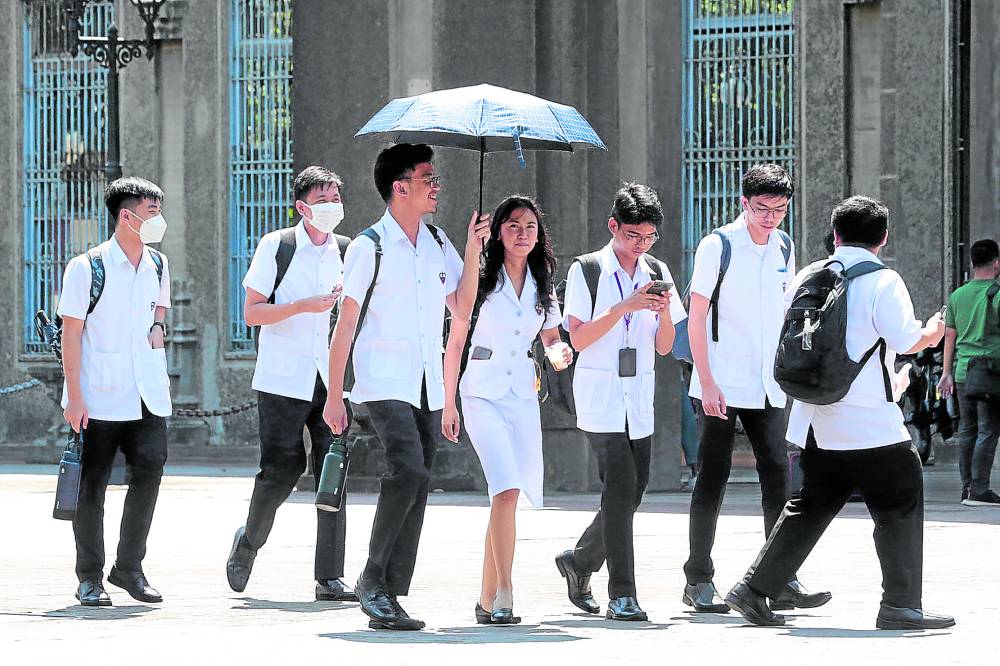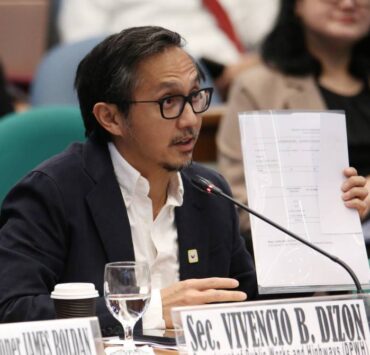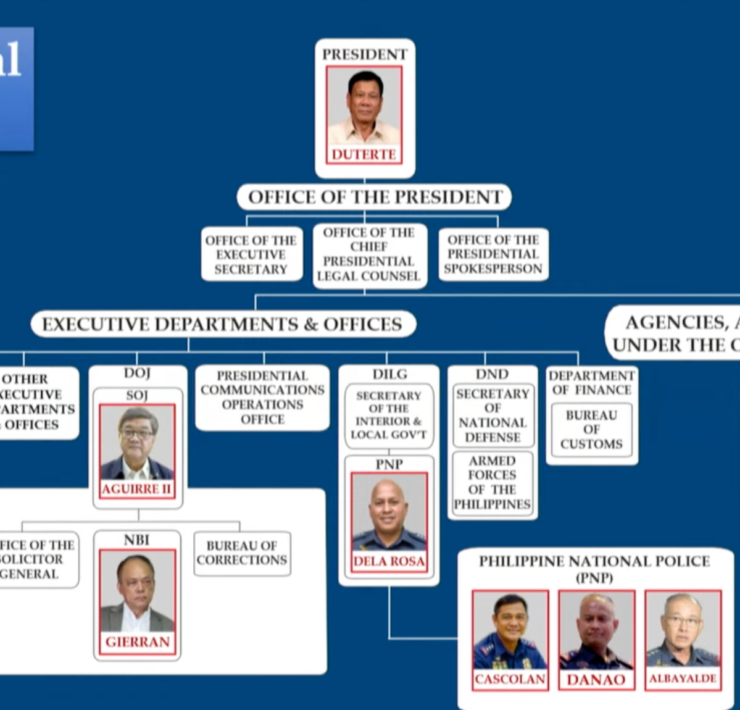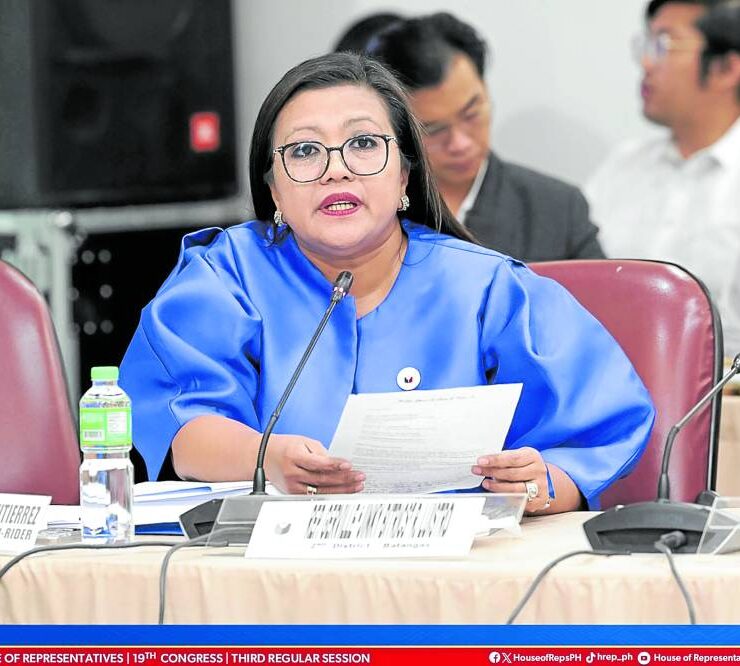Due since ’22: House realigns P12.3B to fund free college program

The House of Representatives has agreed to realign P12.3 billion in the 2026 national budget to finally settle the government’s three-year deficiency to state universities and colleges (SUCs) for the full implementation of the free higher education law.
On Friday, Nueva Ecija Rep. Mikaela Suansing, chair of the House appropriations committee, said P7.82 billion would come from the Commission on Higher Education’s (CHEd) Higher Education Development Fund while P4.46 billion would be covered through realignments in the 2026 General Appropriations Bill during the period of amendments.
Suansing’s announcement—which came past midnight during the marathon plenary deliberations for the 2026 national budget on Thursday—means that the P12.3 billion funding shortfall for SUCs from 2022 to 2025 would be fully settled next year.
“This is a historic day because after many years the SUCs have been lobbying for this deficiency to be addressed. Today, we have all come together to address this situation and ensure that all accountabilities are addressed and closed come fiscal year 2026,” she added.
Suansing also assured that additional allocations—including more than P9 billion for the Tertiary Education Subsidy and other student assistance programs—will be protected in the final budget.
Automatically covered
The move came after weeks of budget deliberations where legislators pressed CHEd and the Department of Budget and Management (DBM) to explain why the Free Higher Education program under Republic Act No. 10931 has been underfunded since 2022.
The law, passed in 2017, guarantees free tuition and miscellaneous fees in all 113 SUCs nationwide, as well as in local universities and colleges (LUCs) and government-run technical-vocational institutions.
Unlike scholarship programs, students do not have to apply individually for free tuition. Once enrolled in a state university or college, a student’s tuition and mandatory fees are automatically covered by the national government.
CHEd implements the program by reimbursing SUCs based on enrollment data. The law also provides for the Tertiary Education Subsidy, which offers grants-in-aid for books, living expenses, and other needs.
According to the Philippine Association of State Universities and Colleges, deficiencies built up over three years after government allocations were based on the previous years’ enrollment figures instead of projected enrollment as required by law.
Major victory
Since SUCs generally admit more students each year, this meant the budget was always lagging behind the actual number of enrollees.
Lawmakers from both the majority and minority blocs hailed the decision as a long-overdue but major victory for SUCs.
Tingog Rep. Jude Acidre, who chairs the House committee on higher education, stressed that this should also pave the way for policy shifts to ensure the sustainability of RA 10931.
This includes, among others, the strict observance of projected enrollment as the legal basis for budget computation, as well as the establishment of a midyear adjustment mechanism to address variances when actual enrollment exceeds projections.
He said SUCs “should not be penalized for growing enrollment when the law itself anticipated such growth and provided a lawful framework for appropriations.”
The Makabayan bloc composed of Kabataan Rep. Renee Co, ACT Teachers Rep. Antonio Tinio, and Gabriela Rep. Sarah Elago, however, stressed that SUCs remained underfunded despite the settlement.
Tinio said the decision would provide SUCs “a much-needed infusion to address worsening conditions due to underfunding.”
Co pointed out that 26 SUCs still sustained a P6.4-billion cut under the proposed 2026 budget, and flagged the need to allocate P20 billion more for long-overdue priority projects, buildings, and facilities for SUCs.





















